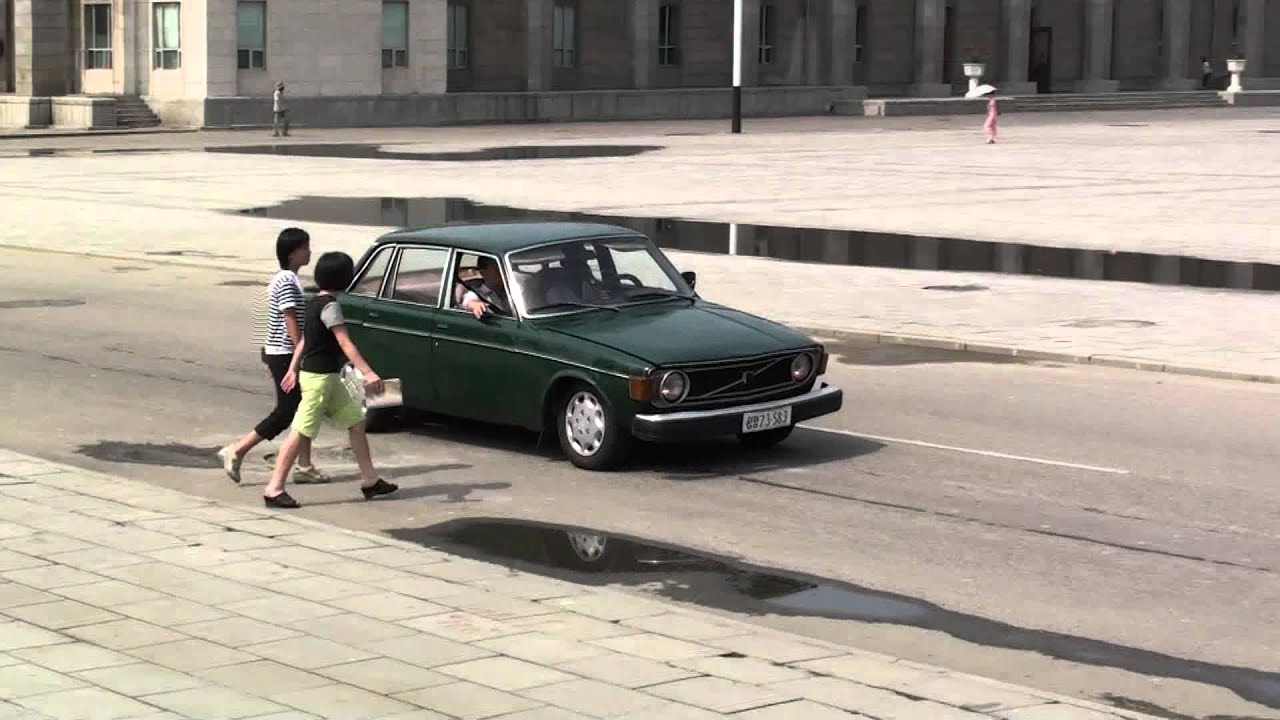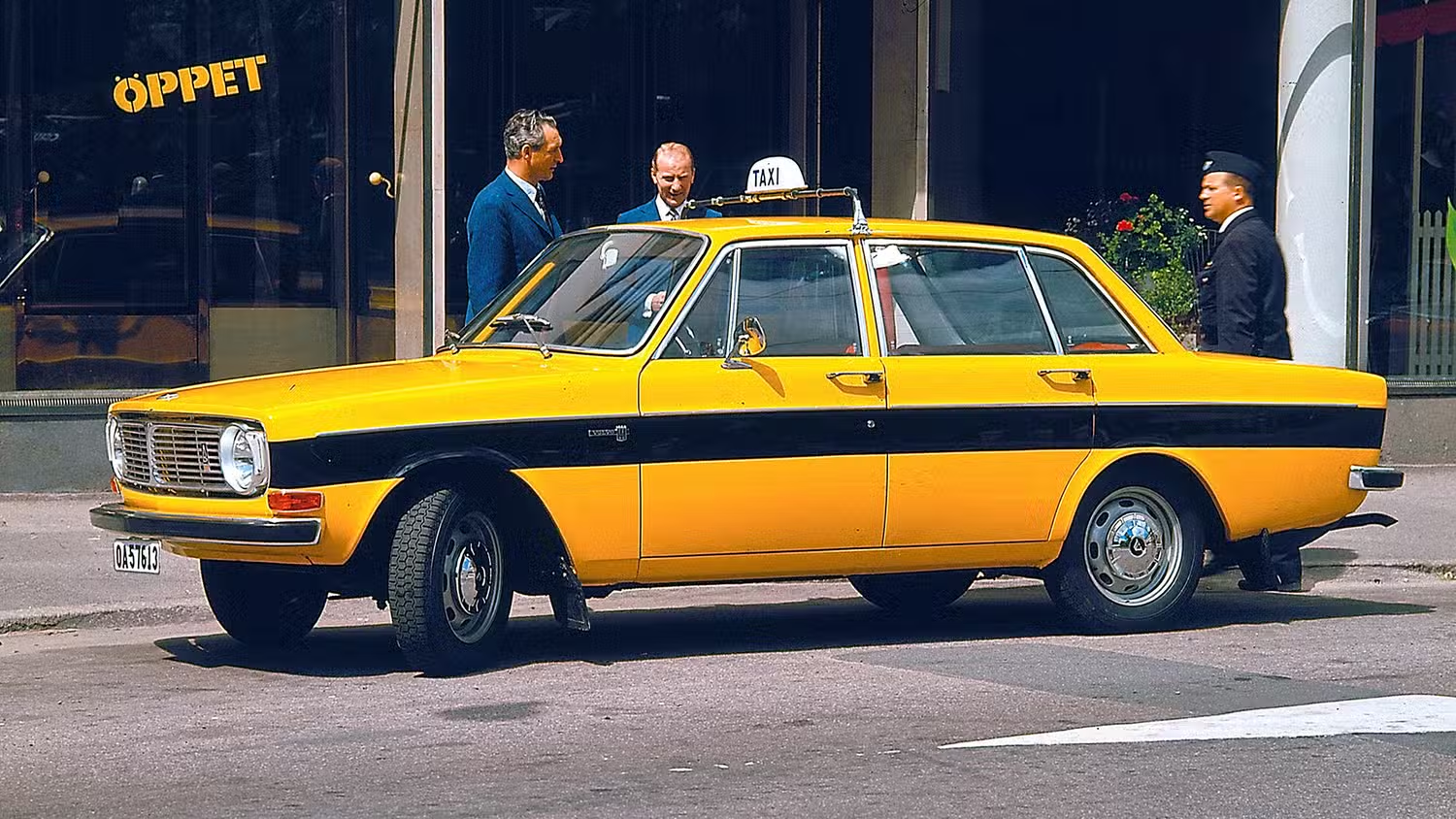
Imagine it's 2025 in Tbilisi, and the Georgian government orders cars from a European car manufacturer. However, once the cars arrive in Tbilisi, the tax obligations are not met. This is exactly what happened in 1974 when North Korea ordered 1000 Volvo 144s from the Volvo factory. Fifty-one years have passed since this unusual fraud, but the Swedes have not forgotten the debt. Including interest, North Korea owes them approximately 430 million dollars.

Everything began in the early 1970s when Sweden saw North Korea as a new market. Sweden and North Korea officially established diplomatic relations in 1973. In 1974, a large trade deal was made, part of which was the order for 1000 Volvos. The Volvos arrived in North Korea. But in a country where most citizens are not allowed to own a personal car, what happened to them? Some of the Volvos were given to lucky officials.

Generally, the cars remained government property. The remaining vehicles were used as taxis, especially in the capital, Pyongyang. When Sweden sent the invoice, North Korea simply ignored it. Fortunately for Volvo, the Swedish Export Credit Agency (EKN) insured the deal and paid the company, so Volvo did not suffer a direct financial loss. Nevertheless, the Swedish government reportedly sends North Korea a statement of debt twice a year, but it is always ignored.

Despite this, many of the 1974 Volvos are still driving in North Korea today, which speaks to their high quality and durability. Why does Sweden maintain an embassy in Pyongyang, being the only Western country to do so? It seems that this unique relationship, even despite the unpaid debt, helps Sweden to be an important mediator between North Korea and other countries, such as the USA. Thus, these 1000 unpaid Volvos have become a kind of diplomatic "statement of intent," confirming Sweden's goodwill and helping to maintain an important connection with this mysterious part of the world.